Sport
Dollar
38,2552
0.34 %Euro
43,8333
0.15 %Gram Gold
4.076,2000
0.31 %Quarter Gold
6.772,5700
0.78 %Silver
39,9100
0.36 %A youth association in south-eastern Senegal has redefined social entrepreneurship with a grassroots training programme focused on making women drivers of economic change in their hitherto isolated commune.
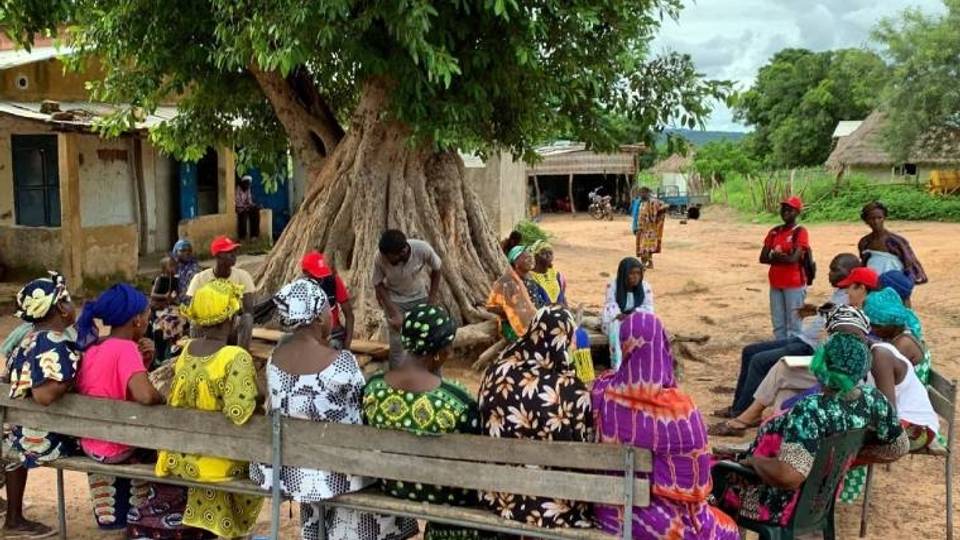
By Firmain Eric Mbadinga
Dindéfelo, in the Kédougou region of south-eastern Senegal, is the archetype of an unspoilt paradise.
Its pastoral landscape, ringed by rolling hills, waterfalls and forests that nurture abundant wildlife, is part of the idyllic imagery.
The region's lush greenery accounts for 25% of Senegal's forest resources. Niokolo-Koba National Park, a UNESCO World Heritage Site along the Gambia River, receives tourists by the hordes and is one of the main drivers of the local economy.
So, what could go wrong in such a wonderful setting?
Beneath the veneer of fulfilment amid nature's bounty, stories of human struggle abound, particularly of women going about their lives in an isolated region.
Tourism and agriculture are the mainstays of the region's economy, along with gold mining, although the benefits of the latter haven't percolated down to the local population.
Force of youth
In 2023, the Territoire des Jeunes pour le Développement Durable (Territory of Youth for Sustainable Development) embarked on a mission to train 6,000 women across six villages of this predominantly rural commune in financial planning, management, and agri-food processing.
The programme has been a game changer for the women of the region. Many of them already feel confident about marketing their agricultural produce and managing their finance.
"We implemented this as a technical support project right from the start of our operations," the association's founding president, Hassan Sam, tells TRT Afrika.
This social entrepreneur and other young people from Dindéfelo have always believed that their community would make economic progress only if it looked beyond tourism.
Now that the change in mindset is visible, Hassan and his team's next goal is sustainable development.

Focus on women
Based on the early signs, the five-member steering committee driving the project is convinced that empowering women is the most effective way to bring about an economic transformation.
Women constitute the majority of the productive population in the commune, with most of them involved in agriculture and micro-commerce.
"Many of these women cultivate, process and market agricultural products that tourists highly value. What they lack are technical and marketing skills," says Hassan.
"We realised through observation a certain hesitation in working on the presentation and packaging of these items."
As the association's membership grows, Hassan is reaching out to individuals and institutions outside for their assistance and expertise. A Spanish university has already teamed up with Territoire des Jeunes pour le Développement Durable to help local women boost their business.
"The training we impart is extensive. These women, mostly our mothers and sisters, are taught how to manage their finances. They learn commercial marketing to bring customers. They now have a better idea of how to package and extend the shelf life of their products, ranging from local cereals, shea butter and honey to dried mango and monkey bread," Hassan tells TRT Afrika.
Some products, such as mango, are dried or processed into juice to offer customers variety.
Winds of change
Dioula Camara, in her forties, is one of those to have benefited from the training she has received. The look and quality of her products have changed, translating into better returns.
"I have realised that customers are no longer content with what's on offer. They want distinctive products that match their expectations. I am glad they buy my products more than they did before," Camara tells TRT Afrika.
Monkey bread, ground into a powder known locally as "Bouye", is available in sachets, as is corn powder. In one stall, bottles of natural honey contain labels that explain what differentiates one from the other.
"Earlier, tourists would keep asking questions about this and that because our products didn't carry labels. We would sell honey in plain bottles. Looking back, I understand why potential customers appeared sceptical," says Camara.
Some among the menfolk of the commune have also opted for training and are wiser for it.
"We have had training on conservation of the nature reserve, especially how to prevent bushfires. Learning about scientific horticulture and self-financing has also been beneficial," Amadou Sow, a resident of one of the villages in the commune, tells TRT Afrika.
➤Click here to follow our WhatsApp channel for more stories.
Comments
No comments Yet








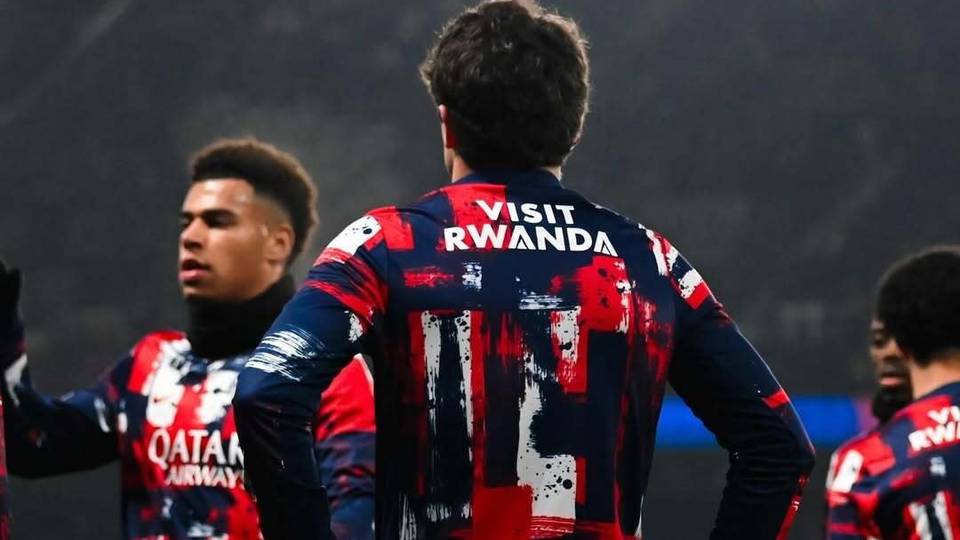
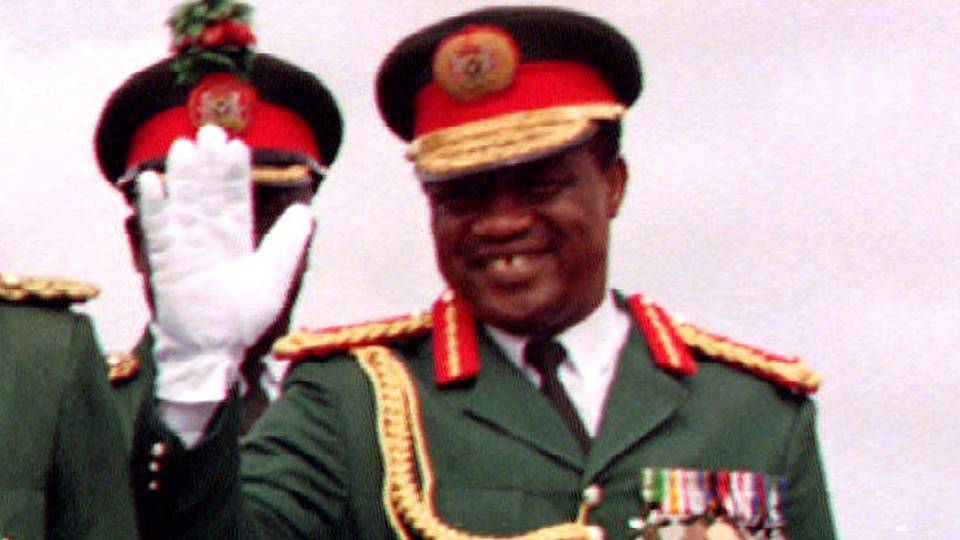
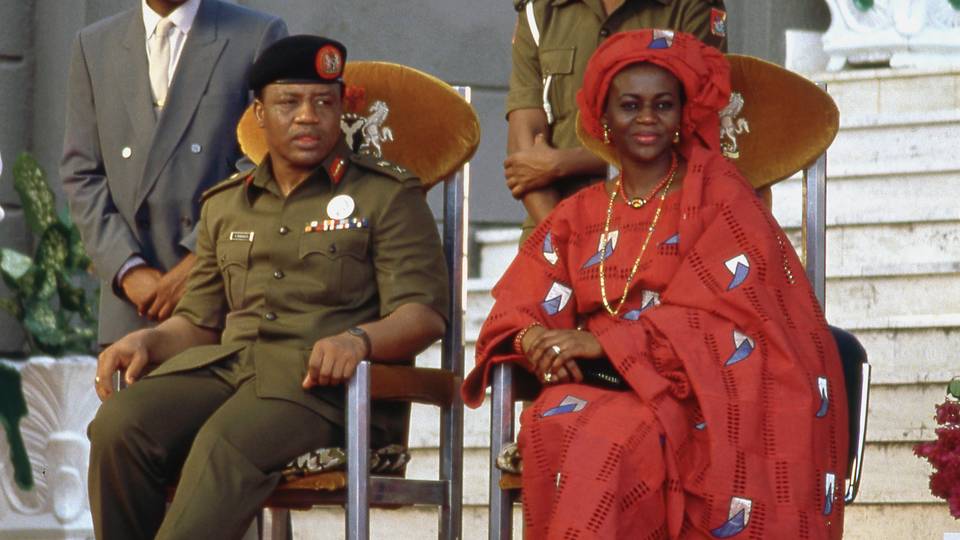
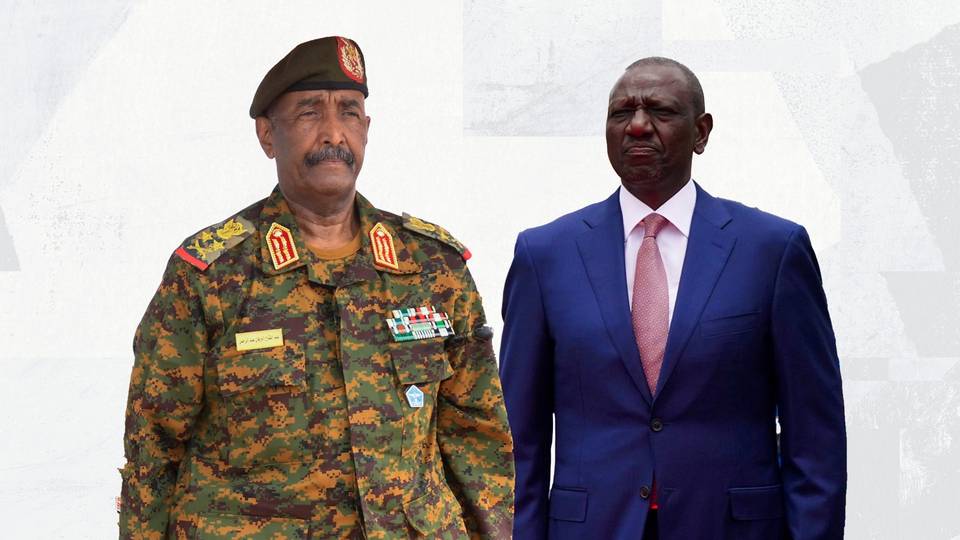








Comment